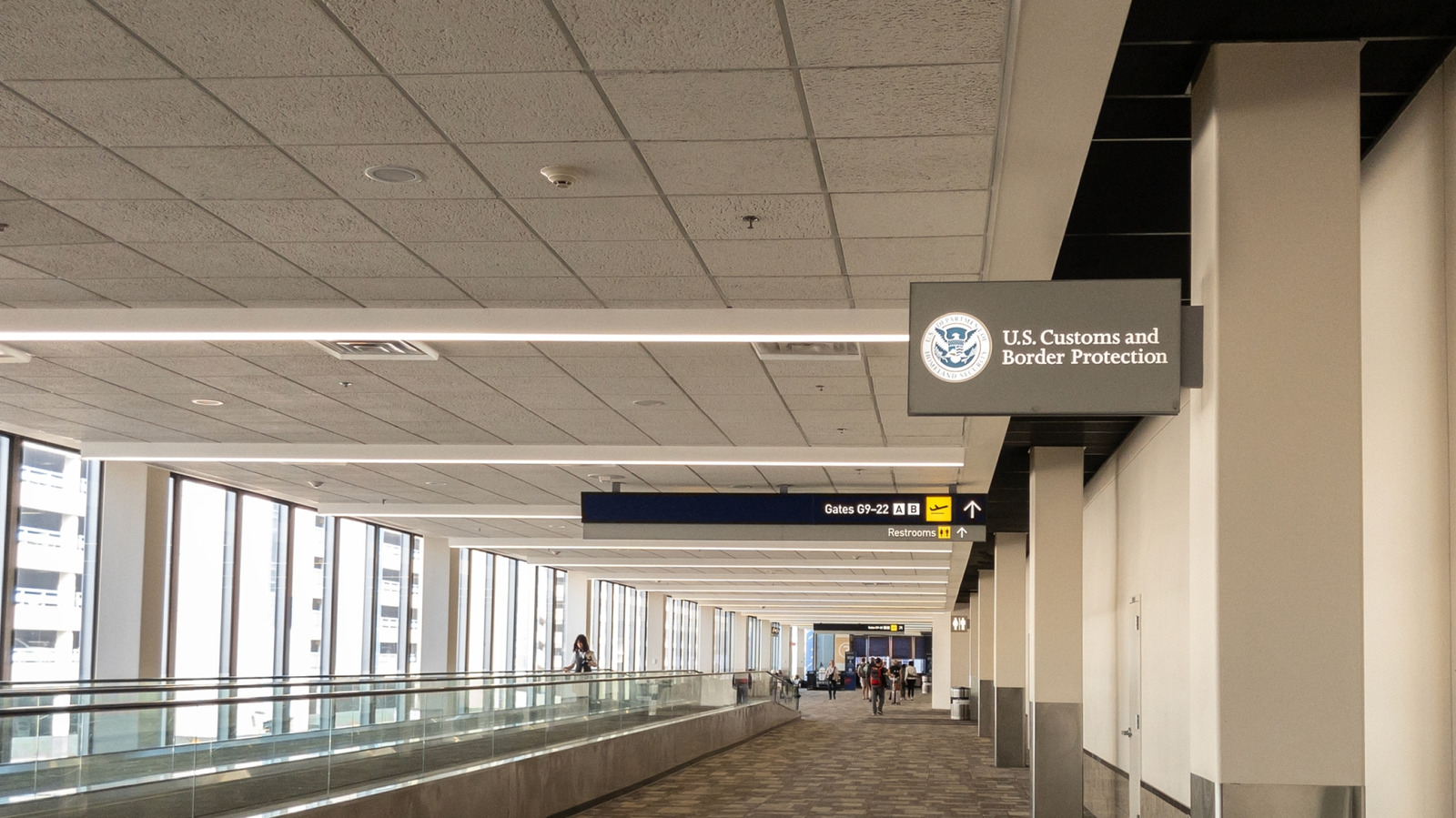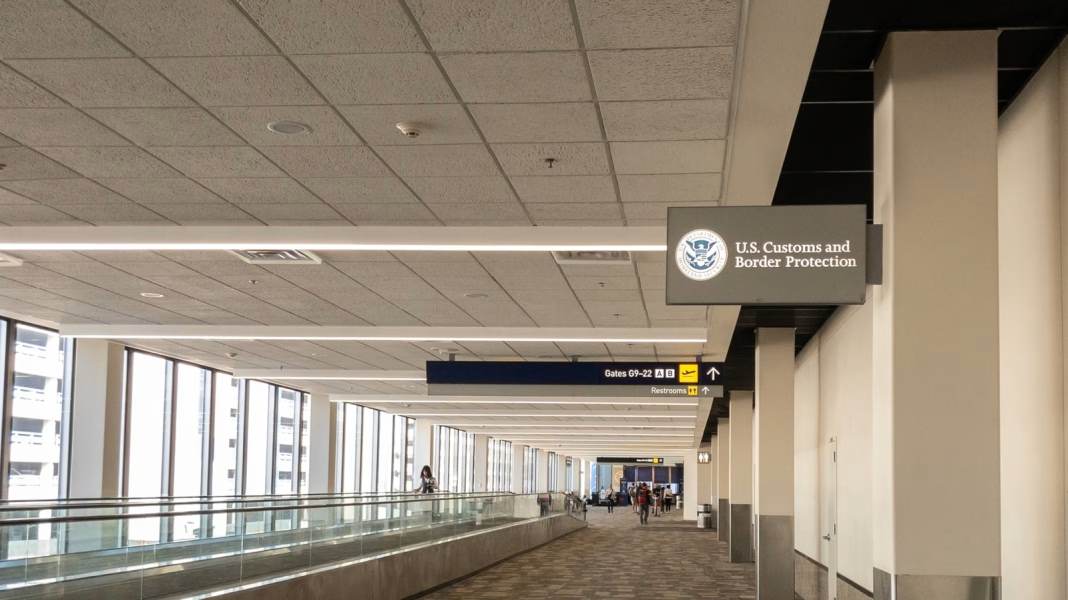Why Were So Many Workers Detained at the Georgia Hyundai-LG Battery Plant?
When news broke that Immigration and Customs Enforcement (ICE) had detained 475 workers at the under-construction Hyundai-LG battery plant in Georgia, it sent shockwaves through both the local community and the broader manufacturing industry. People immediately started asking: What led to such a massive operation? Was this about paperwork, or something deeper?
According to ICE officials, the detentions stemmed from an ongoing investigation into potential violations of immigration and labor laws. Large construction projects often rely on a mix of local and international labor, and in this case, authorities suspected that some workers may have been employed without proper documentation or work authorization. The scale of the operation suggests that this wasn’t just a handful of isolated cases—there may have been systemic issues with hiring practices or contractor oversight.
How Are Workers and Their Families Affected by This Crackdown?
For the workers themselves, the impact is immediate and deeply personal. Many of those detained are breadwinners supporting families both in the United States and abroad. The uncertainty—days or even weeks in detention, not knowing what comes next—can be devastating. Families are left scrambling for information, legal support, and basic necessities.
Local advocacy groups have stepped in to provide assistance, but resources are stretched thin. According to the Migration Policy Institute, mass detentions like this can ripple through entire communities, leading to school absences, housing instability, and even mental health crises. It’s not just about the individuals detained; it’s about the fabric of the community being pulled apart.
What Does This Mean for the Hyundai-LG Battery Plant Project?
From a business perspective, the detentions have thrown a wrench into the construction timeline. Battery plants are complex, high-stakes projects, and every day of delay can cost millions. Hyundai and LG have yet to release a detailed statement, but industry experts say that losing hundreds of workers overnight is likely to push back the plant’s opening date.
There’s also the question of reputation. Companies investing in U.S. manufacturing are under increasing scrutiny for how they source labor and ensure compliance with local laws. A high-profile incident like this can make it harder to attract skilled workers in the future and may even affect relationships with local governments and unions.
Are There Broader Implications for the U.S. Manufacturing Sector?
Absolutely. The U.S. is in the midst of a manufacturing renaissance, with billions being invested in electric vehicle infrastructure and battery production. But this growth comes with growing pains. According to a 2023 report from the Economic Policy Institute, labor shortages and complex immigration rules have made it difficult for manufacturers to fill jobs legally and efficiently.
Incidents like the one in Georgia highlight the need for clearer pathways to legal employment, better oversight of subcontractors, and more robust worker protections. If companies and policymakers don’t address these issues head-on, the risk of future disruptions will only increase.
What Can Workers and Employers Do to Protect Themselves?
For workers, knowing your rights is crucial. Local nonprofits often offer free legal clinics and resources for those caught up in immigration enforcement actions. It’s also wise to keep copies of all employment documents and to seek out reputable employers who follow the law.
Employers, on the other hand, need to double down on compliance. That means regular audits of hiring practices, working closely with vetted staffing agencies, and providing clear training for HR teams. The Department of Labor offers guidelines and checklists to help companies stay on the right side of the law.
How Might This Shape the Future of Large-Scale Manufacturing Projects?
The Georgia detentions are likely to become a case study for both policymakers and industry leaders. There’s a growing recognition that the current system—fragmented, confusing, and sometimes contradictory—just isn’t working for anyone. Expect to see calls for immigration reform, better workplace protections, and more transparent supply chains.
Some companies are already experimenting with new approaches, such as direct hiring instead of relying on layers of subcontractors, or partnering with local technical colleges to train workers who are already authorized to work in the U.S. These changes aren’t always easy, but they can pay off in the long run by reducing risk and building stronger teams.
What’s the Real Story Behind the Headlines?
It’s easy to get caught up in the numbers—475 workers detained, millions of dollars at stake—but behind every statistic is a human story. Workers who came to Georgia hoping for a better life. Families waiting anxiously for news. Companies trying to balance growth with responsibility.
The big takeaway? Navigating the intersection of immigration, labor, and industry isn’t about perfection—it’s about smarter adjustments. Start with one change this week, and you’ll likely spot the difference by month’s end.


